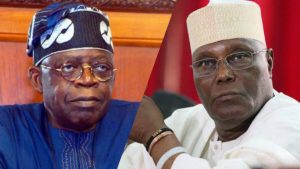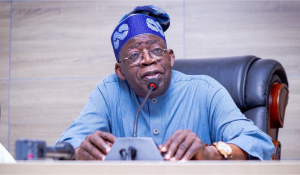
In the unfolding narrative of 21st-century development, digital connectivity is not just a convenience — it is the oxygen of modern life. From education and healthcare to commerce and governance, the internet underpins every major sector of national growth. Yet, in Nigeria — Africa’s largest economy and most populous country — the very lifeline of digital progress is becoming painfully elusive.
Over the past year, Nigerians have found themselves paying more for data than ever before. Ironically, the higher the price, the poorer the service. In a country where over 70% of the population relies on mobile data for internet access, the increase in cost and the simultaneous deterioration in service quality isn’t just a technical inconvenience — it is a systemic failure with dire socio-economic implications.
At the surface, telcos attribute the spike in data prices to well-known economic constraints: currency depreciation, energy costs, high operational overheads, and stifling regulatory levies. These factors are real and formidable. But beyond them lies a more troubling reality — an ecosystem that is poorly regulated, profit-driven, and largely unaccountable to the consumers it claims to serve.
Nigeria’s data infrastructure is buckling under pressure. Most rural and semi-urban areas still lack access to stable broadband or 4G networks. Even in urban centers like Lagos, Abuja, and Port Harcourt, network instability is chronic. Video calls freeze mid-sentence, downloads crawl, and entire regions are frequently thrown offline with no clear explanation. How can Nigeria seriously pursue digital literacy, e-learning, e-commerce, or telemedicine under such conditions?
While countries like Kenya, Rwanda, and South Africa are investing heavily in digital infrastructure to position themselves as tech hubs, Nigeria appears content with half-measures — superficial broadband expansion, repeated rollout of “5G” with minimal coverage, and public-private partnerships that rarely result in concrete outcomes for end users.
What makes this crisis even more insidious is the predatory nature of data pricing. Despite the absence of a truly competitive market, data plans are aggressively advertised, and bonuses are touted — yet users consistently report unexplained data depletion, throttling of speed, and arbitrary deductions. Data in Nigeria now feels like fuel leaking from a faulty tank: expensive to acquire and impossible to conserve.
With inflation biting into every facet of Nigerian life, many households are forced to make painful choices between staying connected and meeting other basic needs. In a society where the youth drive innovation and activism through digital platforms, this trend is not just exclusionary — it is politically dangerous. It breeds disillusionment, widens the gap between the privileged and the poor, and undermines the democratic potential of technology.
The Nigerian Communications Commission (NCC), the body tasked with regulating telecom providers, often speaks of reforms, monitoring, and quality assurance. Yet, its enforcement mechanisms remain weak, its transparency questionable, and its alignment with consumer interests tenuous at best. In the absence of strong institutional oversight, telecoms operate with impunity, chasing profit margins while offering little in the way of service improvement or customer satisfaction.
This is not just a lapse in governance — it is a betrayal of public trust.
If Nigeria is serious about becoming a player in the global digital economy, it must treat access to data as a basic right, not a luxury for the elite. This demands a multi-stakeholder response: the government must prioritize infrastructure investment and demand accountability from service providers; the NCC must evolve into a consumer-first regulator, capable of penalizing underperformance and protecting citizens from exploitation; and civil society and tech communities must amplify the voices of millions who are digitally marginalized and demand transparency from both public and private actors.
Digital equity is the foundation of inclusive development. When access to affordable, high-quality data becomes a battleground for survival, the future of education, innovation, and civic participation is imperiled.
Nigeria is not short on potential. But until we fix our data crisis, all talk of transformation remains just that — talk.








